I’m lucky, I am alive
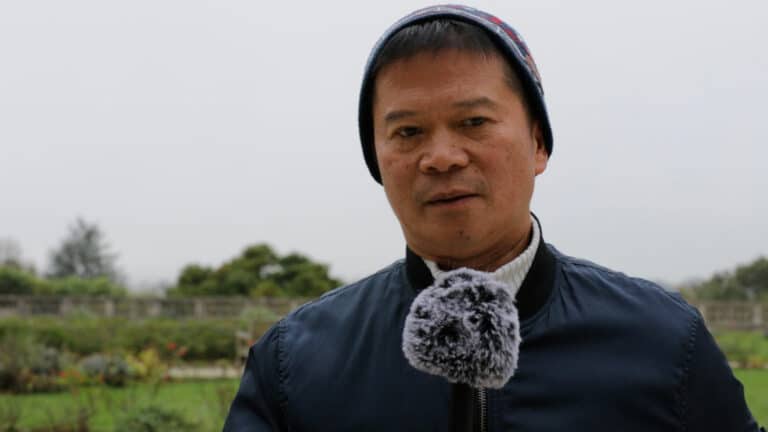
“I am French although I was born in Vietnam. I am 53. I came to France in 1978 after the Vietnam War.” These words start Thanh’s testimony, who attended the Pilgrimage of Heaven in 2024. His story is marked by…

“I am French although I was born in Vietnam. I am 53. I came to France in 1978 after the Vietnam War.” These words start Thanh’s testimony, who attended the Pilgrimage of Heaven in 2024. His story is marked by…
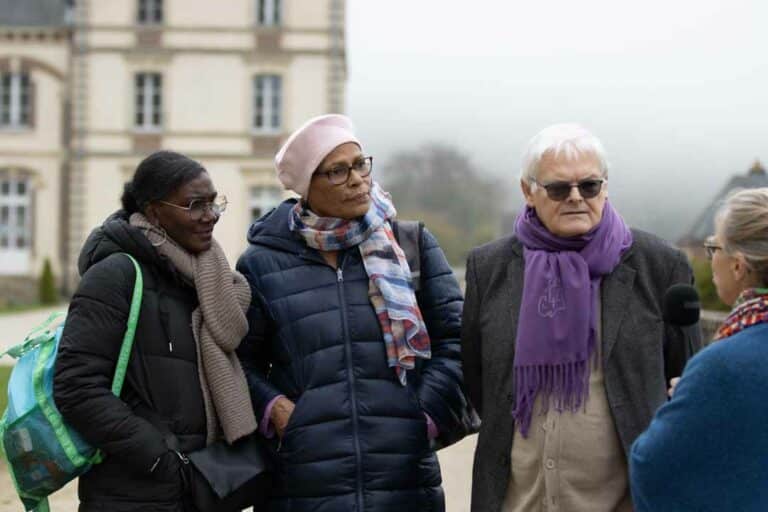
Every year, large numbers of pilgrims flock to the Notre-Dame de Montligeon shrine to entrust their deceased loved ones to prayer. Gérard, Christine and Myriota are among these faithful regulars. This pilgrimage is not a sad moment for them. Quite…
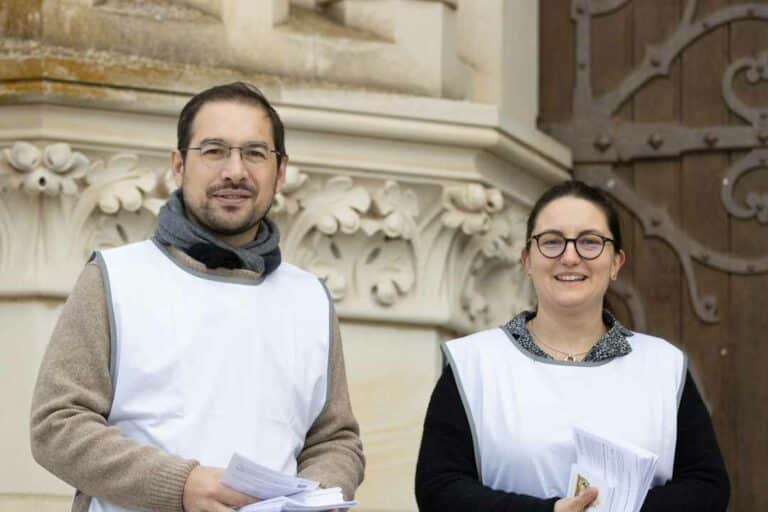
Every year, the Notre-Dame de Montligeon shrine is host to thousands of pilgrims for the Pilgrimages of Heaven. For Alix and Frédéric, who are locals, this highlight was not only an opportunity to pray, but also to give some of…
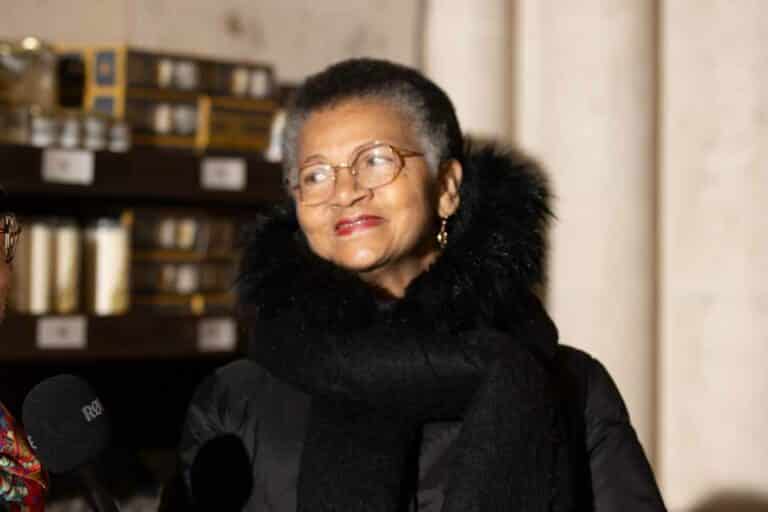
“My name is Marie-Louise. I live in Central France, Loiret, but my birthplace is Martinique. Marie-Louise, who came to the Montligeon shrine for All Saints’ Day, says in confidence that she lost her husband two and a half years ago.…
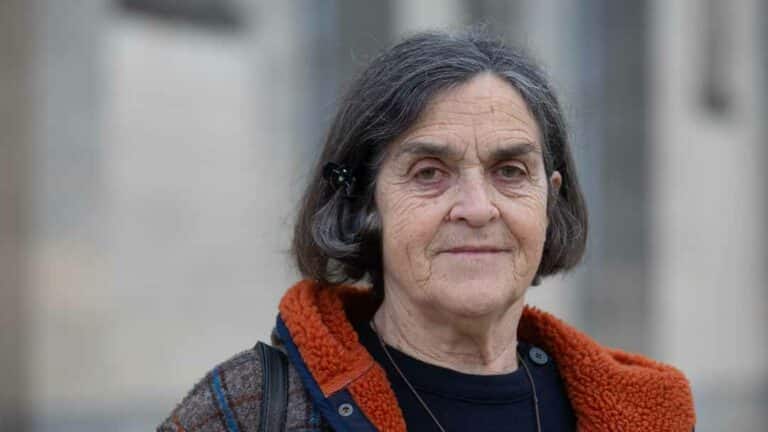
Praying for the dead is part of the most ancient tradition of the Church. Since the first centuries, as they were convinced that the communion of saints breaks the limits of death, have been entrusting their deceased to God’s mercy.…
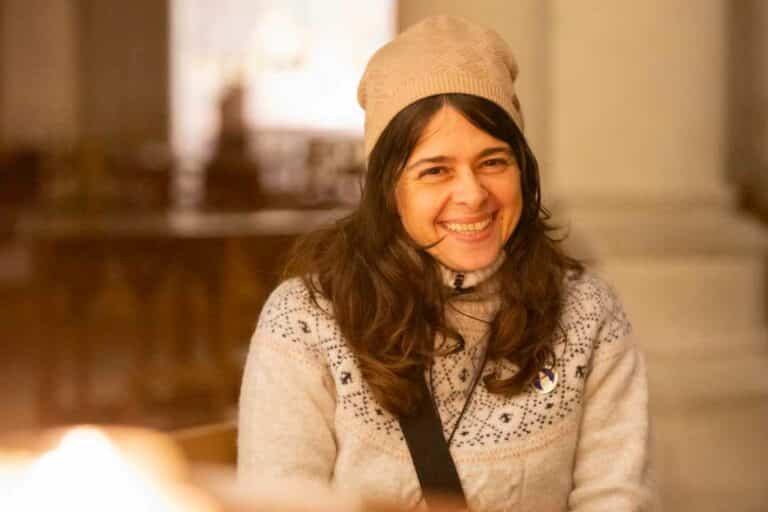
On November 17, 2024, at the end of the ceremony for the Promises of the Fraternité Notre-Dame de Montligeon, Delphine agreed to deliver her testimony: she experienced a late conversion after 40, in the midst of a period of illness.…
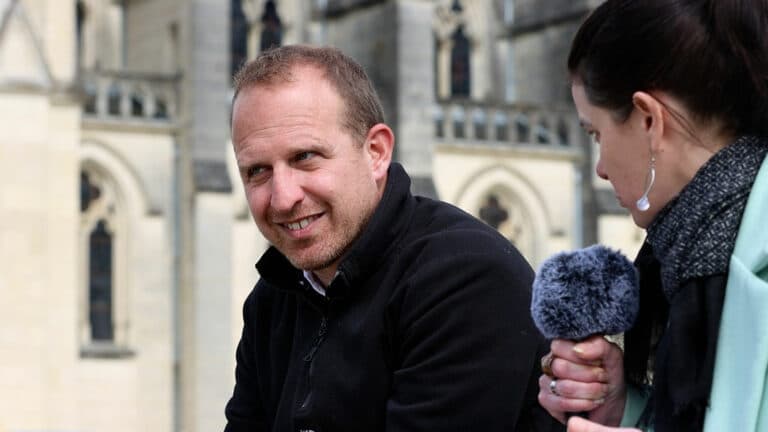
Mankind has been fascinated with the idea of communicating with the dead since the dawn of time. From shamanic practices to ancient societies through spiritualism sessions in the 19th century or recent apps imitating the voice of the deceased, this…
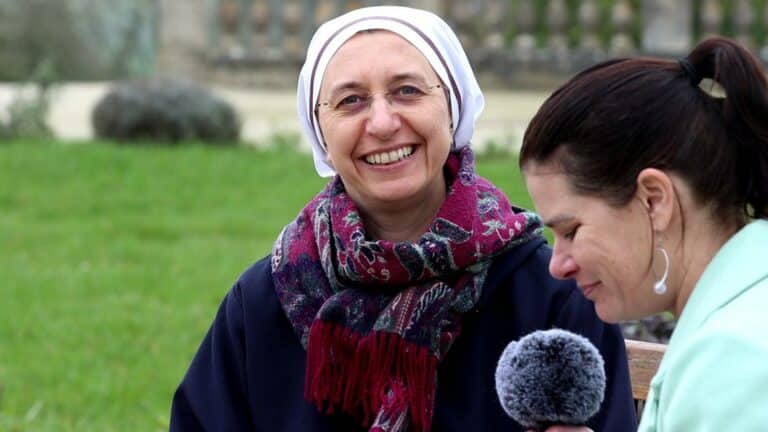
Does love end at death, or can it continue beyond physical separation?How can we go on living after the loss of a loved one? Can we still love the person with whom we shared daily life, intimacy and flesh for…
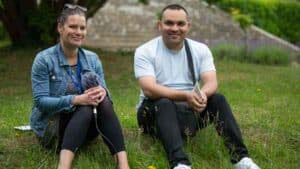
“My wife was hospitalized in July 2024 for a violent toothache. Eventually, the doctor’s diagnosis was a throat cancer. We got married three days before her death. I love her more than ever.” Having experienced this drastic upheaval, Cyril shares…
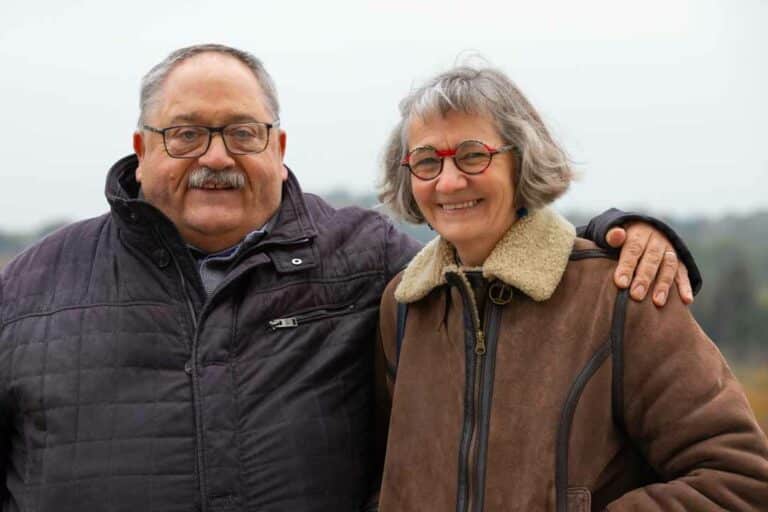
“Our two daughters, Marion et Anna, were killed outside a café in Paris during the terrorist attack in 2015.” Since then, Sylvie et Érick Pétard have been visiting the Notre-Dame-de-Montligeon shrine regularly to seek graces and comfort. But is it…